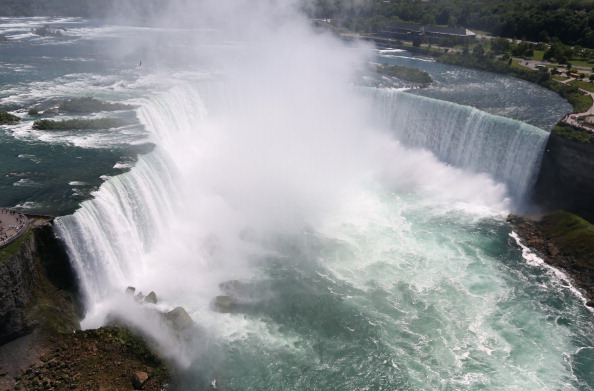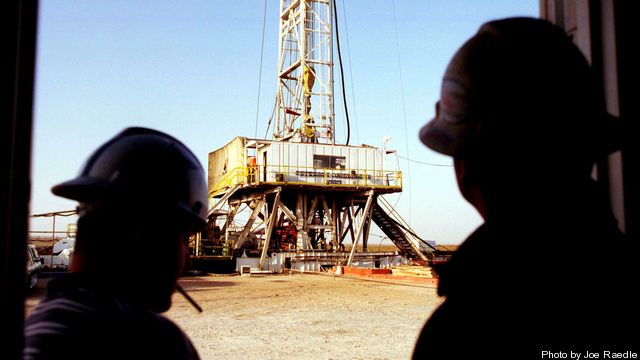As we reported here, on October 6, 2014, a number of public water agencies and other entities that represent agricultural and municipal water users in California filed a petition for writ of certiorari with the U.S. Supreme Court. The petition was filed after a divided panel of the United States Court of Appeals for the Ninth Circuit issued a decision affirming a biological opinion issued by the U.S. Fish and Wildlife Service with respect to continuing operations of the federal Central Valley Project and State Water Project. The panel held that the biological opinion and accompanying reasonable and prudent alternative do not violate the Administrative Procedure Act and Endangered Species Act. The deadline to file amicus briefs in support of the petition was November 6, 2014.
Civil Procedure
Numerous Parties Line Up in Support of Petition in Delta Smelt Case
By Paul Weiland | Nossaman LLPSign up and get Breaking Energy news in your inbox.
We will never sell or share your information without your consent. See our privacy policy.Hydrocarbon Exposure Reconsidered
By Charles Sartain, Maryann Zaki | Gray Reed & McGraw, P.C.You might recall previous entries (here is one) discussing the $2.9 million Dallas County verdict and judgment in Parr v. Aruba. Not all similar suits have the same result.
Michael and Myra Cerny sued Marathon Oil Corp. and Plains Exploration & Production Company, alleging, as in Parr, private nuisance, negligence, and negligence per se. As in Parr, among the allegations were:
continuous release of “ … strong odors and noxious chemicals into the environment, including the plaintiffs’ property, causing injury and harm to the plaintiffs’ property and to their persons;” and
health problems, including headaches, rashes, chest pain, “strange nerve sensations,” high blood pressure, nausea, difficulty breathing, and nosebleeds.
Trial Judge Concludes The Deepwater Horizon Spill Caused By BP’s Gross Negligence And Willful Misconduct
By Jeanne Grasso, John Kimball, Gregory Linsin, Jonathan Waldron, Alan Weigel | Blank Rome LLPMaritime
New Development
On September 4, 2014 the federal district judge overseeing the multidistrict litigation resulting from the Deepwater Horizon oil spill issued long-awaited rulings as to liability. The court concluded that BP is subject to enhanced civil penalties under the Clean Water Act (“CWA”) because the discharge of oil was the result of the company’s “gross negligence” and “willful misconduct.”
Action Items: In light of this ruling, offshore leaseholders, operators, and contractors will likely be held to an increased standard of care because the severity of the potential harm from a well blowout, explosion, and oil spill is great. Accordingly, leaseholders, operators, and contractors in the offshore industries should review their safety and environmental compliance policies and procedures to ensure they meet or exceed the high standard of care that may be applied to complex, high-risk drilling operations.
Background
Following the Deepwater Horizon oil spill on April 20, 2010, multidistrict litigation was consolidated in the district court in New Orleans, Louisiana. The current trial, which involves two key cases filed against BP and the other entities involved in the drilling of the Macondo well, is being heard by the court without a jury pursuant to the court’s admiralty jurisdiction.
The consolidated trial’s first phase in early 2013 was to determine the liability of BP, Transocean, Halliburton, and other companies, and to assess, for the purposes of penalty calculation, whether the companies acted with gross negligence and willful misconduct with respect to the loss of well control and the resulting explosion, fire, and sinking of the rig.
The trial’s second phase, which occurred during the fall of 2013, addressed the post-incident efforts to control the spill and the quantity of oil that spilled into the Gulf of Mexico. The judge has not yet issued a ruling with respect to the issues presented in the second phase. The third phase, which is scheduled to begin in January 2015, will focus on all other liability issues arising from the oil spill cleanup, including containment issues and the use of dispersants.



